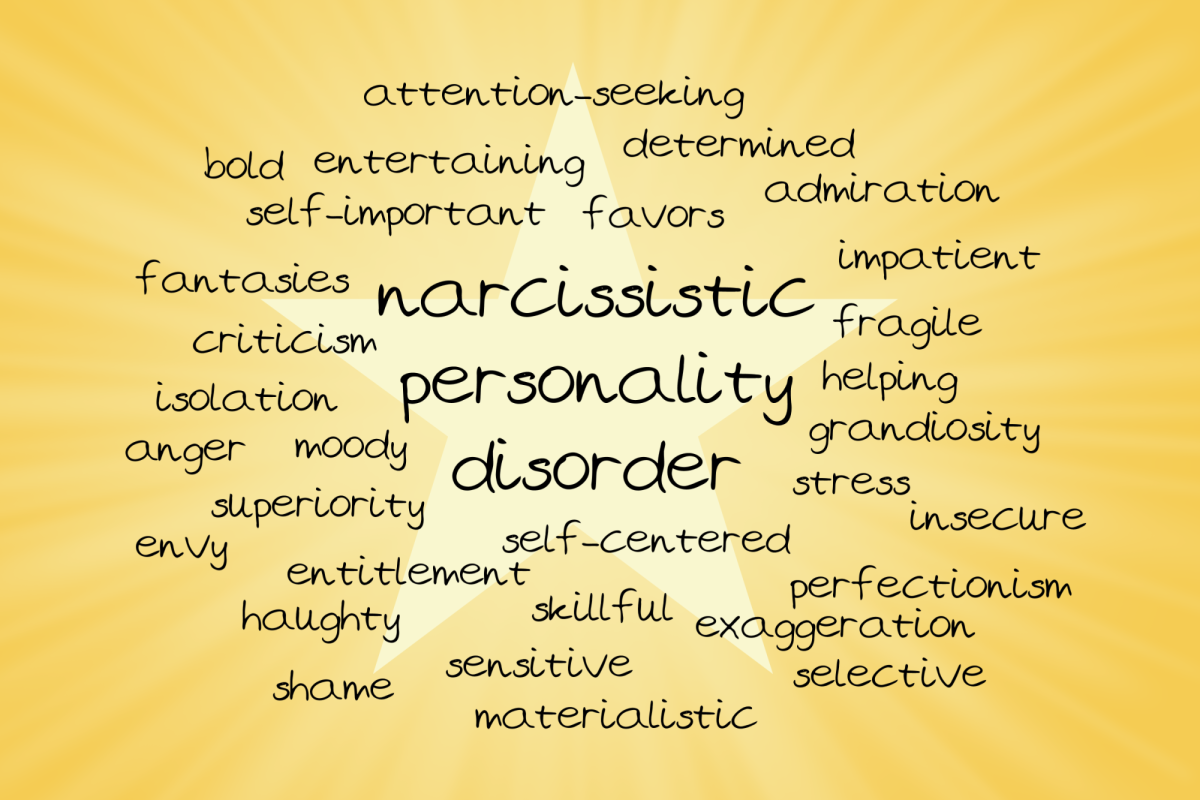When we think of narcissists, we often envision self-absorbed and arrogant people. However, Narcissistic Personality Disorder (NPD) is a complex condition that exists along a spectrum, like neurodiversity. It’s essential to recognize that there are various types of narcissists, with three primary categories: Grandiose, Malignant, and Vulnerable. Understanding this disorder can help us navigate our relationships with those who exhibit narcissistic traits. However, it’s important to note that this isn’t a diagnosis. But what specific behaviors define these individuals, and how can we identify them?
Malignant Narcissism is considered the most severe form of NPD. These people will build a delusion where they believe they’re morally pure. They will do this to the point where they become so self-absorbed that if they do something bad, they’ll “sweep it under the rug” to maintain their perfect image. They’ll hurt and manipulate others because it gives them a sense of power and control while not feeling guilty about it. Malignant narcissists not only lack empathy, but they’re self-absorbed to a point where their conscience is blocked so they don’t care about anyone but themselves. Malignant Narcissists like to surround themselves with admirers because they won’t challenge their ideas. But, when someone does, they’ll start projecting on that person by accusing them of flaws or problems that they have. They have a constant fear of rejection from childhood trauma, such as narcissistic parents, abuse, and/or neglect.
Grandiose Narcissism is the most well-known form of (NPD). The Grandiose Narcissist seeks attention because there will be people who will feed into their behavior. They love being the center of attention; if they aren’t, they will act out negatively to obtain the attention they seek. They will talk over people to talk about themselves or tune others out if the conversation isn’t about them. If something gives them a positive reaction, they won’t care if it hurts anyone else, whether it’s mocking, insulting, or manipulating the person. If someone tries to call them out for hurtful behavior, they’ll deny or gaslight the person instead of taking accountability. The Grandiose Narcissists think they need special treatment because they’re being their best selves. If they’re met with criticism, they will get aggressive and defensive. This behavior is caused by their environment, like if they were too spoiled or rejected.
Vulnerable Narcissism is the more subtle form of NPD. Vulnerable Narcissists are harder to spot because people like Grandiose Narcissists tend to be more extroverted and seem confident. As for the Vulnerable Narcissists, their manipulation could be more subtle like passive aggression, giving the cold shoulder, or giving backhanded compliments. They’re susceptible to criticism, so whenever somebody gets a higher accomplishment, they’ll put the person down to make themselves feel better. Vulnerable Narcissists will put themselves down to get compliments more sneakily. They’ll have self-serving empathy, meaning they’ll be empathetic to others as long as people praise them for their “kindness.” Like the Grandiose Narcissist, they’ll not talk to someone unless they’re involved in the story. This type of narcissism is caused by Grandiose Narcissism, trauma, neglect, and too much or very little praise for their accomplishments.
Dealing with narcissistic behavior can be tough. If you’re affected, it’s essential to distance yourself and set boundaries to protect your well-being. Not all narcissists are beyond help; some can change through talk therapy. Prioritizing your mental health while remaining open to change can empower you in these relationships.









